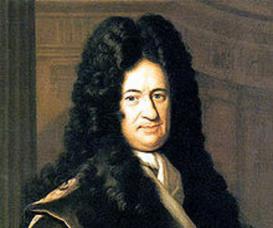Gottfried Wilhelm Leibniz (1646–1716) was a German polymath, mathematician, linguist, courtier, diplomat, theologian, jurist, and, most famously perhaps, the inventor—alongside his English counterpart, Isaac Newton—of the calculus. While Leibniz scholarship has been on the rise over the past thirty years, its bulk has focused primarily on his philosophical thought and few attempts have been made to try to capture him in his century and his milieu. Coupled to this, trends in scholarship have tended to reify the early modern period and in particular, the so-called “Republic of Letters,” often interpreting it as a simple and stable institution unifed by a set of shared ideals and values. Leibniz evolved in a rich historical context and tense political climate simultaneously characterized by intense fluidity and rigidity on many levels and which he sought to navigate as best as he could and turn to his advantage. My research seeks to rediscover him and through him, his world, particularly the learned and aristocratic communities he frequented during the years 1672–1679 when he travelled to Paris and London (1672–1676) and later, when he found employment back in Germany at the court of Johann Friedrich of Hanover (1676–1679). A big part of my task consists in examining how the production of knowledge about the natural world intersected with social dynamics and mechanisms, from Leibniz’s colleagues and employers to the various artisans he dealt with. By investigating the interaction between the socio-political and the scientific realms during Leibniz’s early career and how he himself navigated them, within the Republic of Letters, the scientific academies or at court, I hope to shed light on the poetic of ambiguity he cultivated.

Gottfried Leibniz. Source: https://www.leibniz-gemeinschaft.de/en/about-us/gottfried-wilhelm-leibniz/
Project
(2018)
